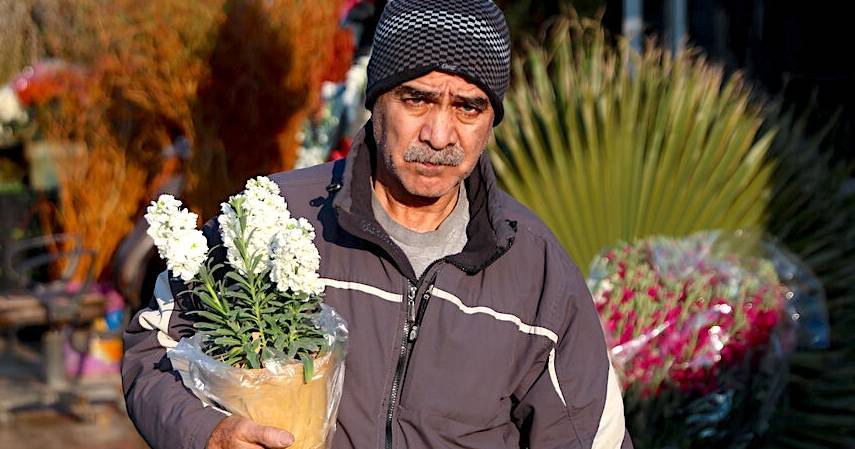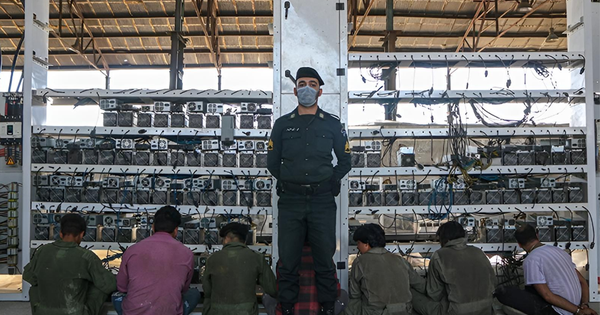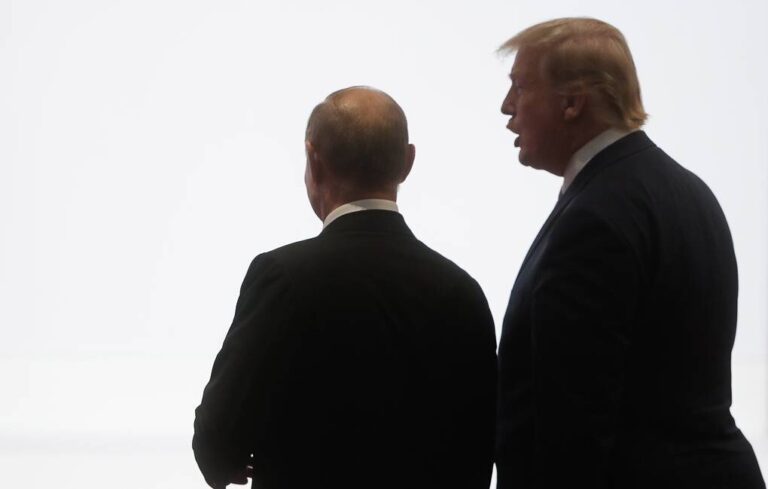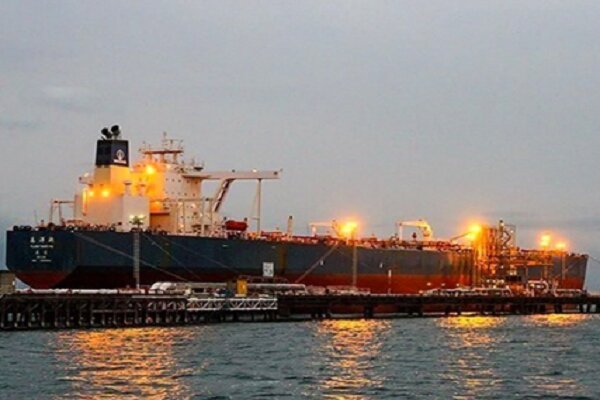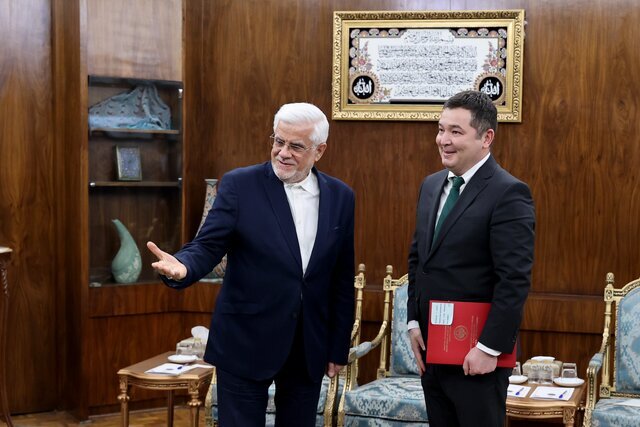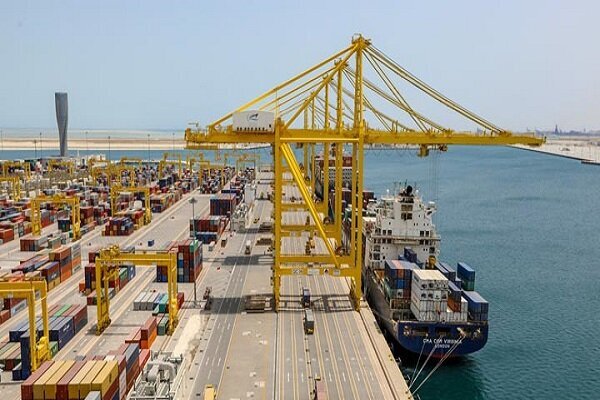Facing the Consequences: Why Talks or War Lead to Shared Struggles
In recent developments, US President Donald Trump has reached out to Iran’s leader, Ayatollah Ali Khamenei, sending a letter that many are claiming is significant. However, the sentiment among everyday Iranians suggests a different narrative. Citizens express skepticism about the potential for change, often feeling trapped in a cycle of stagnation and uncertainty.
Zahra, a 36-year-old legal consultant, reflects this pervasive sentiment when she states, “They keep saying Iran is at a crossroads. Is it really a crossroads if it drags on for years? Because we’ve been here as far as I can remember.” Her frustration highlights a common belief that political posturing has become a repetitive cycle.
According to Zahra, Trump has urged Khamenei to either negotiate a deal or prepare for conflict. She expresses doubt about Khamenei’s willingness to engage, suggesting he might instead rely on alliances with nations like China and Russia to buy time. “I think he’ll dodge this one too, selling out even more to China and Russia, buying time, hanging in there at the so-called crossroads while we sink deeper in the swamp that he’s made,” she adds.
This sentiment of resignation is echoed throughout Tehran, where the idea of a diplomatic breakthrough elicits reactions ranging from bitterness to outright cynicism. Zahra encapsulates the prevailing mindset: “It’ll come when it comes.”
For years, Iran’s government has attributed the nation’s struggles—such as rampant inflation, energy shortages, and a failing healthcare system—to international sanctions. However, many citizens are increasingly skeptical of this narrative. They observe the persistent corruption within the government, where officials and their associates often evade accountability, leading to the disappearance of billions in state funds.
Mehdi, a 45-year-old former salesman now working as a Snapp driver, expresses a stark indifference towards the sanctions. “I cannot care less about sanctions,” he states. “My children suffer with or without sanctions. And the officials’ children thrive with or without sanctions.” He continues, sharing his struggles: “I have to have my hands on this fifteen hours a day, six days a week, to make ends meet.” His frustration exemplifies a broader disillusionment with the political elite.
Khamenei’s long-standing mantra of “neither war nor negotiations” underscores Iran’s foreign policy trajectory. Despite being at odds with the current administration, former Foreign Minister Javad Zarif resigned from his position, reflecting the tensions within Iranian diplomacy. Zarif and President Masoud Pezeshkian have advocated for dialogue with the United States, yet their efforts often clash with Khamenei’s stance.
Despite widespread apathy and skepticism, many citizens supported Pezeshkian, hoping his moderate policies might foster improved relations with the West and alleviate sanctions. Milad, a 20-year-old undergraduate and first-time voter, articulates this desire: “If sanctions are lifted, foreign investment will return, and jobs will be created.” However, he acknowledges that his perspective is not widely shared among his peers.
“Most people I know prefer no talks, not because they back Khamenei, but because they hate his guts and think a thaw would help him last longer,” Milad adds. He remains hopeful that dialogue could lead to a reduction in sanctions and an improved quality of life. Yet, this flicker of hope appears to have dimmed significantly since the last elections, as many citizens now feel despondent.
Majid, a 28-year-old street vendor, succinctly captures the prevailing despair: “My family was poor when oil money was pouring in, and we’re poor now with the harshest sanctions. We all work 50-60 hours a week just to survive. I can’t see how we’d get out of this.” His statement reflects a deep-seated belief that the Islamic Republic’s survival is intricately linked to the suffering of its citizens.
His grandfather, Akbar, sitting nearby, offers a resigned perspective on the situation. “We’re screwed either way. So better not to have talks, I say. Any money would just fatten the bandits and thugs that rule us.” He expresses disdain for both Trump and Khamenei, stating, “I don’t like bullies, but we’re where we are because of Khamenei, not Trump.”
Despite differing opinions, it seems that many Iranians have grown weary of the political drama. The majority appear indifferent to reports of Trump’s letters, Khamenei’s speeches, and the constant threats. As people grapple with their daily struggles, the pressing question remains: How much longer can we endure this?
